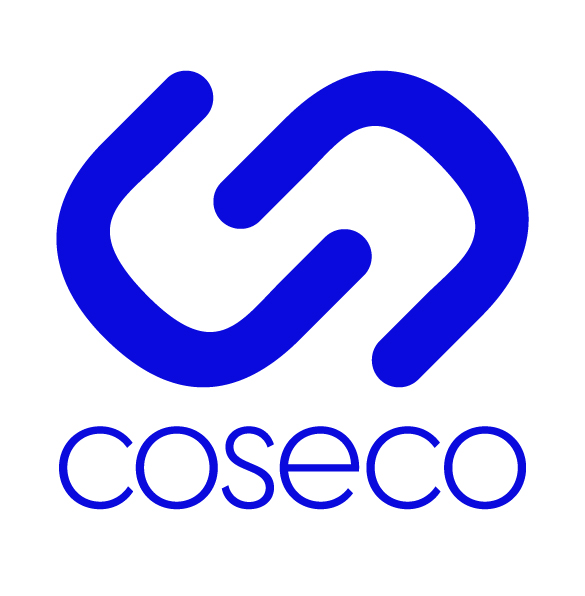Introductions of smart cards and smart terminals in Nepal: How can smart mobility change transport in Asia?
Coseco has been working in Nepal on the transport systems since the beginning of the company in 2017. We have recently been able to create a more efficient transport system in Nepal with our smart mobility terminals and smart cards. Below is an article written by SAMIKSHA RUPAKHETI for Tech Sathi explaining the workings and benefits of these devices and cards.
About MetroCard
MetroCard has been divided into two constituent parts which are temporary cards and permanent cards. Temporary cards are being implemented right now in which customers will purchase the temporary card from the bus’s ticketing officer and will tap their card as soon as they board the bus and the passengers will have to tap it again when they approach their destination this will deduct the actual transaction balance reversing the maximum balance.
A ticket gets printed from the device which can detect the card and which recognises GPS. The fare amount will be displayed on the device which the passengers will have to pay through their card before departing. While departing the passenger will have to drop the card which will be observed by the driver. Permanent cards are in their execution phase and will soon be issued to every passenger once the internal procedures of NMB bank address it.
There is a utility recognised as ‘Collection as service’ which is introduced to the bus operator. The ticketing officer and the driver will be provided for the e-ticketing service this will help the technology exertion and control leakage. There is also an incorporation of two technologies in the MetroCard bus system. There is a manual system and then there is a GPS.
There is also a presence and involvement of a ticketing officer, in the place of a conductor who is authorised to set the destination of each passenger and systematically announce when the destination of passengers arrive and broadcasts every detail related to the place of destination to the passengers. The ticketing officer will have a handheld POS device which will regulate the process as the static POS device, the ticketing officer will also prepare the passengers to be inclined to their destination.
What the Future holds for MetroCard?
The quest behind introducing MetroCard is to upgrade the technological status. Importing advancement in payment of public transport fare will be one of the subjective modifications that can change the plot of the fare payment system in Nepal.
In a conversation with the CEO of nCloud Dipendra Shrestha, we got to know how the ambition of nCloud and NMB bank has led to the idea of electronic ticketing system service and in an approach to make traveling commodious to individuals. He also shared how they have a strategy to extend their territory by issuing MetroCard to buses outside the Kathmandu valley to bring advancement in transportation’s fare payment system.
This MetroCard is being sponsored by Kirtipur Municipality. They are actively involved in the whole framework of the service. Kipu bus Sewa has currently 10 buses in which they have circulated MetroCards in an approach to maintain contactless payment in buses. Kipu Bus Sewa intends to bring transparency to the process from a user perspective.
The concept of the Tap and Go payment system has been indulged which will be processed via NFC-based (Near Field Communication) card, this will allow users to make secure digital payments through POS machines .
MetroCard leads to hassle-free and convenient travel. This automated fare collection system introduced in buses of Nepal is our community getting a step closer towards sustainable traveling.”

